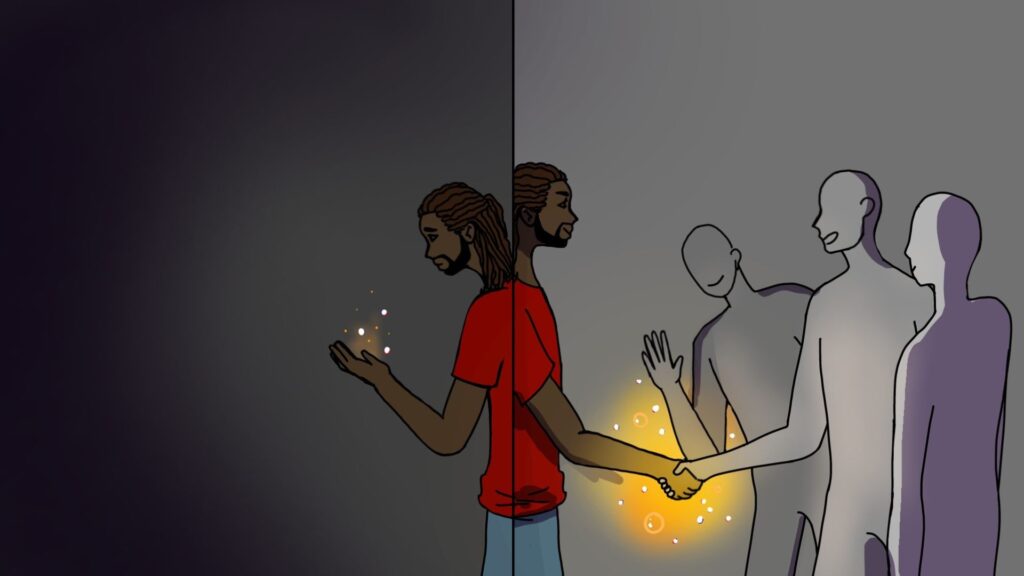The Commodity Of Friendships In The Age Of Self-Care
A Tumblr post by vikingsfuneral explains that genuine friendships, with mutual sacrifice and support through thick and thin, have become self-serving exchanges.
I think about it occasionally and remind myself how lucky I am to have friends who have sat on the phone with me through tough times despite their exhaustion or the times I’ve covered the bill just because I love them.
However, this connection has become increasingly rare. The transactional feeling of friendships nowadays can be attributed to many things.
It feeds into this hyper-individualism that promotes the idea that one’s needs should come before mutual care or responsibility.
It’s not wrong to prioritize yourself, but this pursuit of self-interest and personal happiness can be taken to the point where personal comfort comes at the expense of deeper connections.
The isolation of the American idea of “pulling oneself up by one’s bootstraps” has furthered this, causing people to view themselves as solely self-sufficient and independent, and technology has worsened that.
Before, if you needed directions you might ask someone on the street or if you were to buy something, you’d have to talk to a retail worker. Nowadays, there is an app for whatever you need, meaning those experiences now lack human connection.
It also doesn’t help that mental health language has become so intertwined with our everyday lingo, and people are either utilizing the terms incorrectly or are afraid of being negatively labeled by them.
For example, “boundaries” and “toxic” can be used to justify disengaging from relationships that require any form of effort or compromise.
Identifying toxic behaviors and setting boundaries are essential for maintaining healthy relationships. However, it is important to find the line between what is healthy and what individuals use to avoid challenging or inconvenient relationships.
The second concept that manifests is that people become afraid of being negatively labeled by mental health buzzwords.
For instance, individuals aren’t able to create deep bonds because of the fear of “trauma dumping,” which is the unsolicited sharing of information with others in a way that leaves the listener uncomfortable and overwhelmed.
As a result, it is essential to note that there is a difference between trauma dumping and confiding in a friend.
When combined with hyper-individualism, we get a breeding ground for transactional friendships, where people only reach out to others as a last resort or when it predominantly benefits them.
We can’t continue to cut ourselves off from seemingly elusive, true and unconditional friendships.

